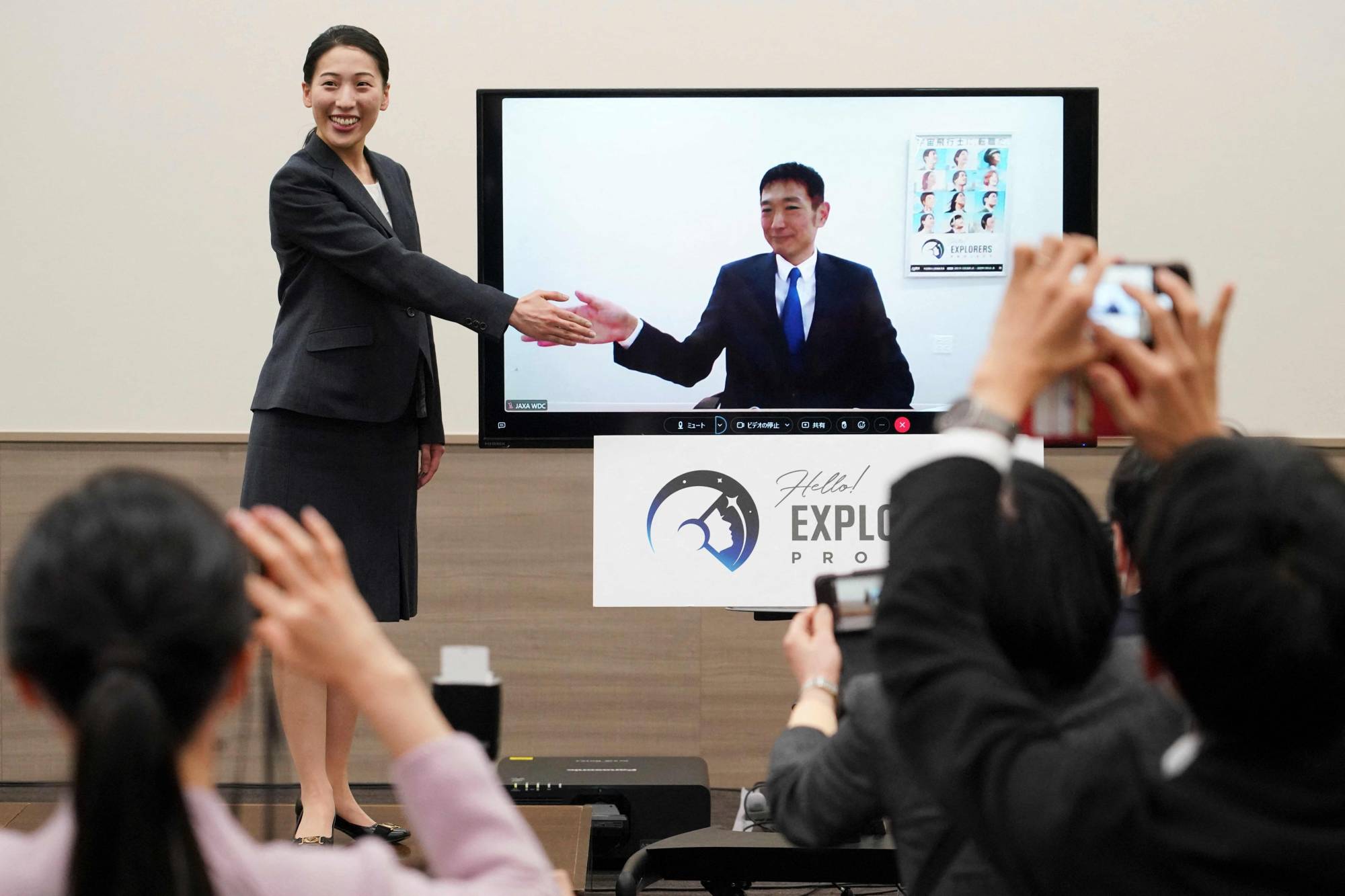A 28-year-old female surgeon was unveiled as one of Japan's new astronaut candidates by the space agency on Tuesday, putting her on a course to become the third Japanese woman to go into space after Chiaki Mukai and Naoko Yamazaki.
Ayu Yoneda, the youngest candidate to be chosen by the agency, and Makoto Suwa, 46, were selected from over 4,000 applicants, the Japan Aerospace Exploration Agency (JAXA) said.
Yoneda will be joining a crew that is currently all male — the average age is 53 and the required retirement age is 60. She and Suwa successfully passed the selection process after a series of exams that began in April 2022. They are JAXA's first two new recruits in 13 years.

















With your current subscription plan you can comment on stories. However, before writing your first comment, please create a display name in the Profile section of your subscriber account page.